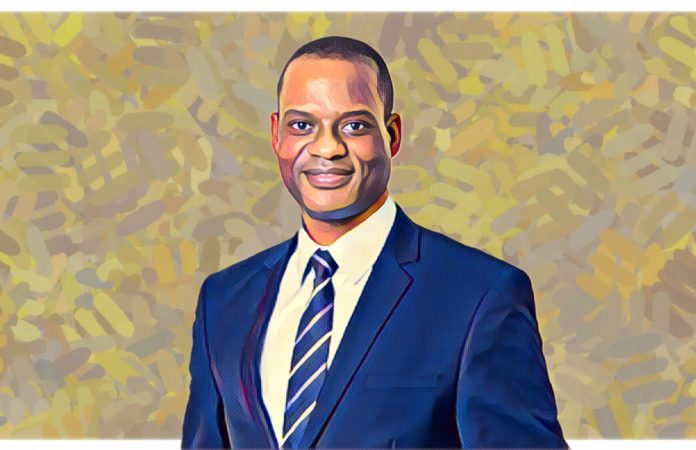KEY POINTS
-
Nigeria to tax remote workers and influencers.
-
New law takes effect on January 1, 2026.
-
Multiple taxation rules clarified under reforms.
The Federal Government has announced that Nigerians earning income through remote work, social media influencing, or import-based businesses will be subject to taxation under a new framework that takes effect from January 1, 2026.
Taiwo Oyedele, chairman of the Presidential Committee on Fiscal Policy and Tax Reforms, disclosed the plan during a tax education session at the Redeemed Christian Church of God, City of David parish in Lagos.
His remarks, captured in a viral video circulating on social media, clarified that Nigerians working for foreign companies are required by law to declare their income and pay taxes locally.
Remote workers face new tax rules
Oyedele explained that remote workers who receive salaries from overseas firms cannot ignore Nigeria’s tax laws. He said employers abroad are not obligated to remit taxes on behalf of Nigerian workers, leaving individuals responsible for self-declaring their earnings.
“If you are a remote worker, you are a worker, right? The money paid to you is your salary. You will self-declare it,” he said. He added that the government has tools to track income flows and warned that failure to declare would attract penalties, interest charges, and back taxes.
The same requirement, he said, applies to social media influencers who earn money from brand promotions and digital engagements. “You earn income, you pay tax as well,” Oyedele stated.
Importers and influencers included in scope
Addressing concerns from importers, Oyedele explained that tax reliefs would vary depending on whether the importer operates in trade, manufacturing, or other business sectors. He stressed that the framework seeks to simplify obligations while aligning relief with the nature of the business.
On the issue of multiple taxation, Oyedele said the law now sets out clear jurisdiction for federal, state, and local government authorities. “If you are an individual, just worry about personal income tax. If you are a small business, we remove your taxes,” he explained.
He emphasized that upkeep money and personal gifts remain exempt, but payments for services or products will attract tax. Describing the framework as one of the most transformative in Nigeria’s history, Oyedele said the reforms aim to reduce disputes, streamline compliance, and boost revenue generation.



